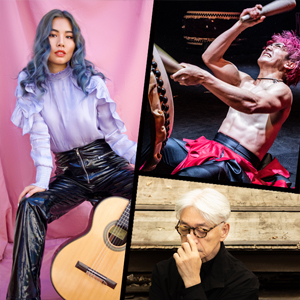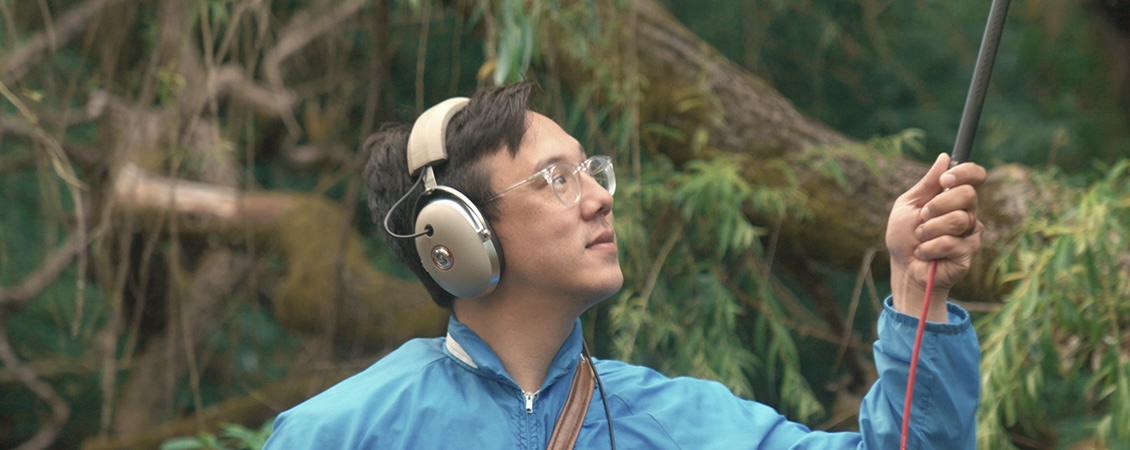The Asian and Asian American Arts and Culture Program
A message from Michael Sakamoto, director, Asian and Asian American Arts and Culture Program.
At the risk of sounding cliché, these times are not normal.
Social divisions, cultural divides, economic injustice, racial and political violence, and climate devastation are at every doorstep in this country and greater threats to the very fabric of society than at any time in half a century. As the nation’s leading university-based, Asian and Asian American performance presenting program, we have an obligation to take a hard look, and perhaps a long view, of multiple crises in this historical moment. Since the eighteenth century, Asians have migrated to North American colonies and the United States for employment, a better quality of life, or just plain survival and escape from existential threats, many of which were and are a consequence of US involvement in empire-building and foreign conflicts.
But what can art and artists of Asian descent do? How does a creator or artist collective determine their social role or contribution for themselves and each other? How do artists from Asia broadly defined and their diasporic communities in the United States claim their voice and communicate their lived experiences to the larger world? How do we as a public university presenter serve our mission to provide a safe and generative space for non-Western artists and audiences to be recognized? How do we all nurture what’s necessary for a diverse civil society and democracy, especially when those ideas and many people who believe in them are under attack?
The varied and superb artists in our 2024-2025 season speak to these issues: Choreographing foreignness and longing. Stories of trauma and empathy. The sounds of tradition and difference. Dancing genocidal horror and dreams of survival. Songs of the rulers and the oppressed. And speaking truth to power through really bad jokes.
In Rogue Gestures/Foreign Bodies, the dancers and musicians of Nava Dance Theatre mobilize classical rigor and beauty to uplift untold stories of immigrant women and refugees. With three albums on the Smithsonian Folkways label, No-No Boy, the stage name of singer-songwriter Julian Saporiti, is almost singlehandedly inventing the contemporary Asian American activist folk songbook. In One, My Utopia!, Korean gayageum virtuoso Seo Jungmin, joins her pansori (traditional Korean story-singing) and percussion bandmates to literally embody themselves as instruments of both centuries-old folk tradition and contemporary self-reflection. In a program of dance theater works and short films, performers from Yaa Samar! Dance Theatre expose the physical and psychic crisis of life under settler colonial occupation and genocide and the need to imagine a better world. In The Power and the Glory, mezzo-soprano Fleur Barron and pianist Kunal Lahiry juxtapose classical music virtuosity with 250 years of songs of colonizers and colonized in tension, dialogue, and transcendence. And our series concludes with Pulitzer finalist and ever-hilarious theater artist Kristina Wong, performing the first full production of Kristina Wong: #FoodBankInfluencer, her newest solo play taking on our national food insecurity epidemic.
Welcome to our thirty-first season. We invite everyone in to walk this path together.






